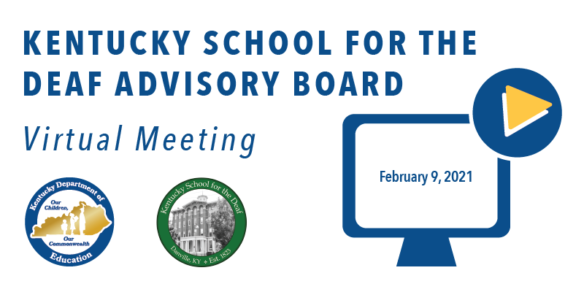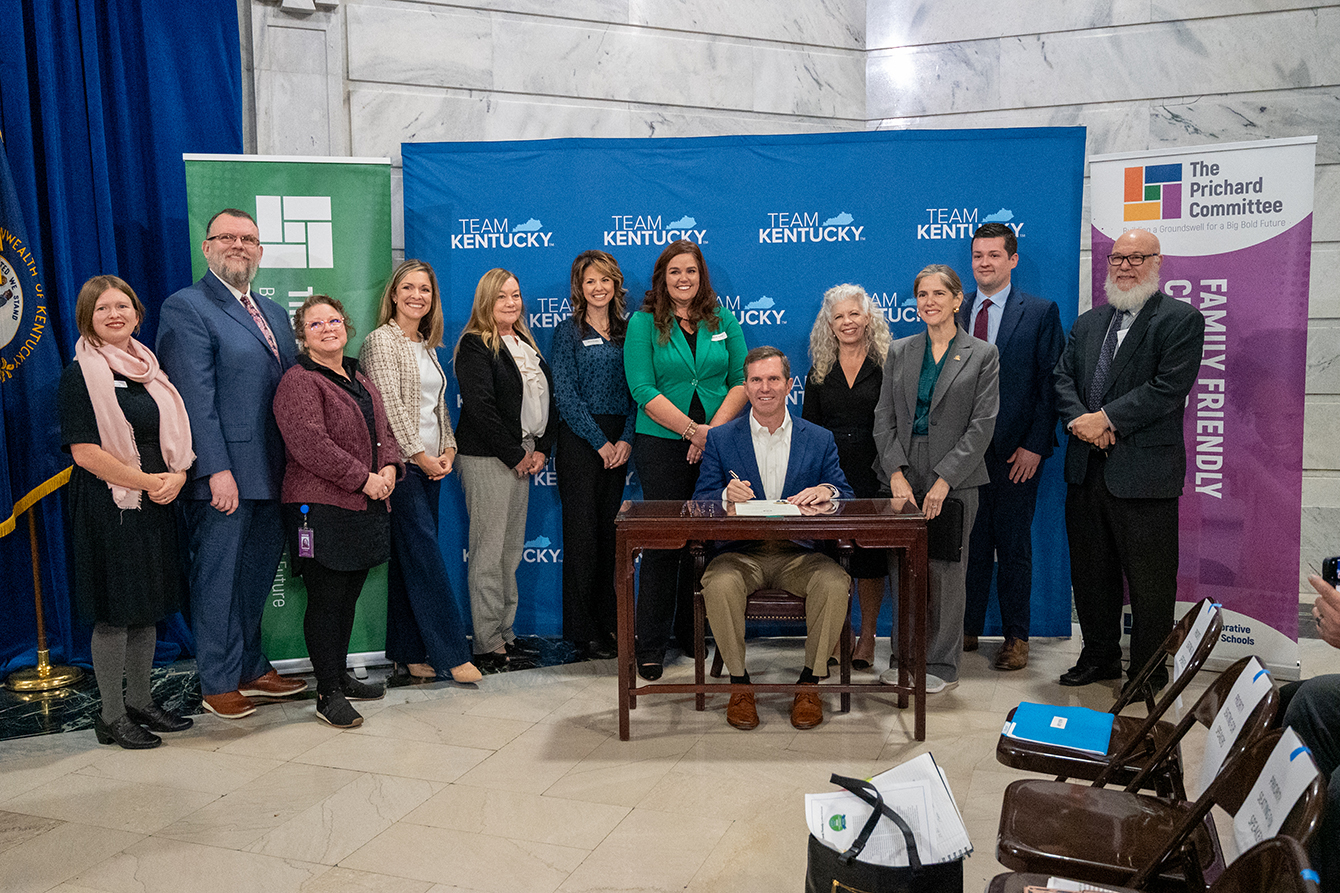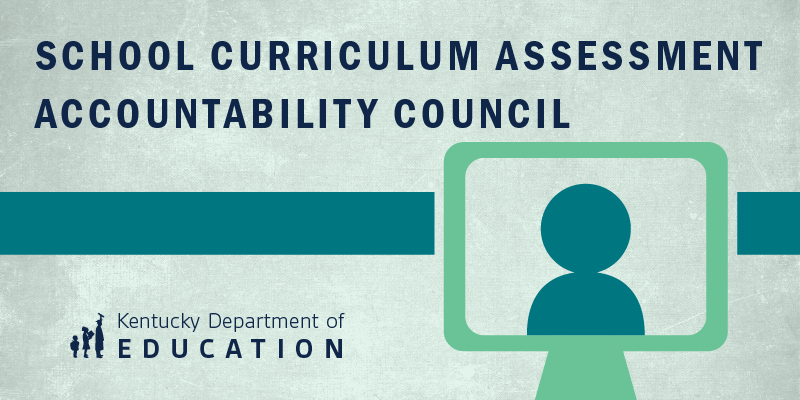
- Since last summer, all KSD staff have completed a daily health screening when entering campus to monitor for potential symptoms of COVID-19. Daily monitoring will continue once students return.
- Walter Hulett, a capital projects consultant for both KSD and the Kentucky School for the Blind, met with the board as members worked to prioritize campus projects for the school’s upcoming six-year plan.
By Jacob Perkins
Jacob.perkins@education.ky.gov
The Kentucky School for the Deaf (KSD) anticipates a return to in-person instruction on March 1, Principal Toyah Robey said during the KSD Advisory Board’s Feb. 9 virtual meeting.
On Jan. 27, the school sent a survey to families asking for their decision on returning to in-person classes or continuing virtual learning. Of the 83 responses, more than 71% elected to return to in-person learning at the school’s Danville campus.
The students who wish to remain in virtual learning may continue to do so, Robey said.
“We have (students) who have thrived and done very well (with virtual learning). We have others, due to language deprivation, who have struggled,” Robey said, adding that even some of the school’s high-performing students have struggled with virtual learning, which she believes is due to them being removed from the sense of family and community they feel on campus.
The mental health team at KSD has met weekly with students and the school’s counselors have offered one-on-one counseling. Additionally, KSD staff has visited students’ home districts to assist students who need more support.
“We’ve tried to really think outside the box,” Robey said. “Our teachers have done a tremendous job.”
KSD has worked alongside the Kentucky Department of Education and local and state health experts to develop their reopening plan.
“Back in October, we used our teachers as the students to practice some of our processes,” Robey said. The school plans to recreate this practice with staff to make sure it operates smoothly before students return to campus.
To ensure effective social distancing, KSD is not allowing visitors on campus at this time, and parents have been assigned a specific location to drop off and pick up students.
“We’re really trying to limit who is on campus and any exposure (to COVID-19),” Robey said.
Robey said she anticipates students arriving on campus each day with a mask, but since the school has enough for its students, they will be asked to put on a clean mask when they arrive. The mask worn to school will be placed in a bag and stored in the student’s backpack. At the end of the day, the student will switch back to the mask they wore to school.
As for the masks provided by KSD that are worn during the school day, “We’ll wash those daily for our kids,” Robey said.
Since last summer, all KSD staff have completed a daily health screening when entering campus to monitor for potential symptoms of COVID-19. Daily monitoring will continue once students return.
Asked how students will be arranged in classes, Robey said the school has developed seating charts for every classroom to allow for effective contact tracing.
“Desks in every classroom have been measured to be 6 feet or more apart,” Robey said.
Six-year Plan
Walter Hulett, a capital projects consultant for both KSD and the Kentucky School for the Blind, met with the board as members worked to prioritize campus projects for the school’s six-year plan.
KSD’s current six-year plan ends in June. In the current plan, the school built Margaret D. Marshall Elementary School, a state-of-the-art facility designed to meet the needs of deaf and hard of hearing students, and worked to ensure the school has a Chromebook for every student.
“In hindsight, that was critical,” Hulett said. “Without that we would have been in a real dilemma in how we served our students (during the pandemic).”
While the Kentucky General Assembly has yet to approve a state budget, the advisory board hopes to have enough funding in the future to address structural repairs to buildings on campus, install new heating and air conditioning systems, and install a new security system to provide a safer environment for the school’s students and staff.



Leave A Comment